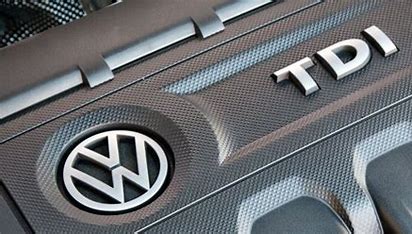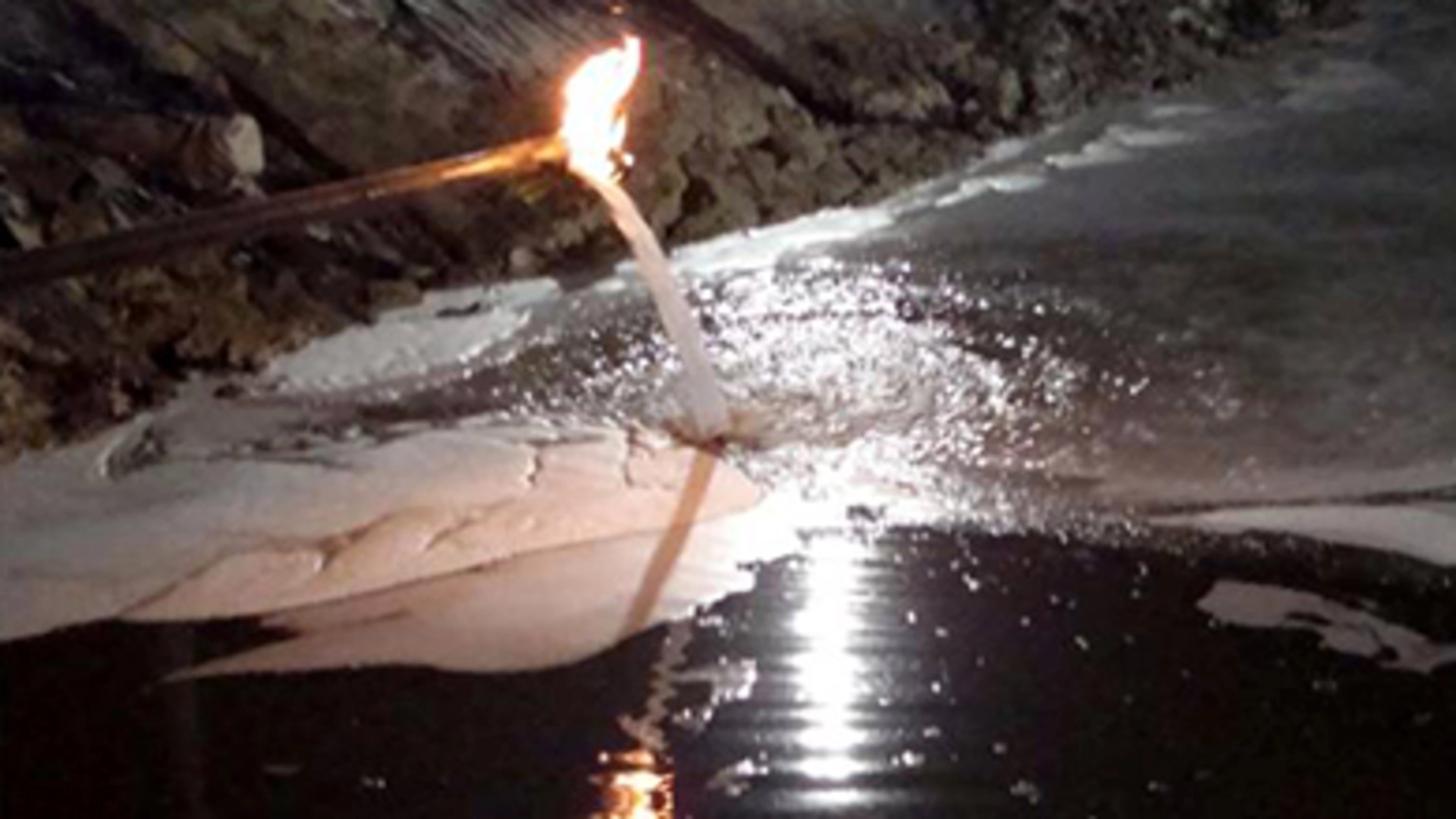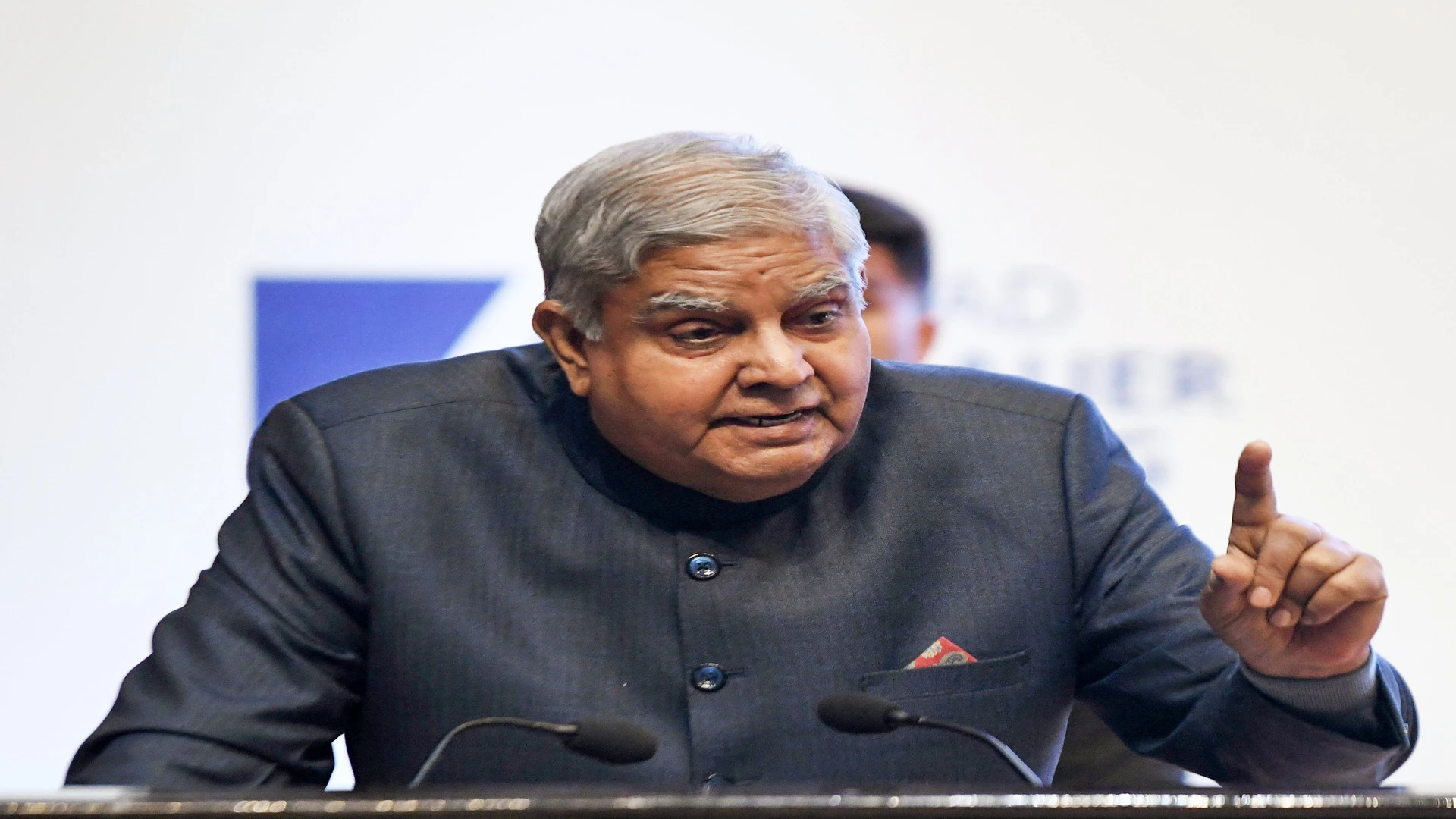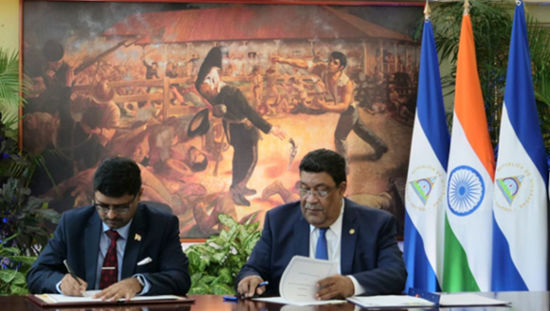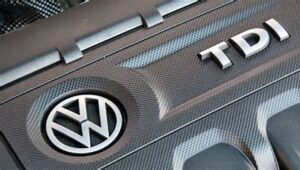The Volkswagen Group, including brands like Volkswagen, Audi, Skoda, Porsche, and Lamborghini, is under scrutiny for allegedly evading $1.4 billion (₹11,865 crore) in import duties in India. Authorities accuse the group of misclassifying imported car parts to bypass higher tax rates, a charge the company denies.
Models Allegedly Involved
The alleged tax evasion includes popular car models such as:
- Audi: A4, A6, Q5, Q7
- Skoda: Octavia, Superb, Kodiaq
- Volkswagen: Tiguan
Import Duty Structure in India
India imposes various tax rates on imported car components to encourage local manufacturing:
- Completely Knocked-Down Units (CKDs): 35% import duty.
- Individual Components: 5–15% import duty.
- Fully Built Cars: 100% import duty.
These policies aim to foster domestic production and reduce dependence on imports.
What Volkswagen Allegedly Did
Authorities claim Volkswagen intentionally misclassified CKD kits as “individual components” to pay lower import duties. This misclassification allegedly allowed the company to evade taxes over several years.
Key Findings:
- 97% of Car Parts Misclassified: Nearly all components of the implicated models were imported under lower-duty categories.
- Separate Shipments: Parts arrived in multiple consignments with different invoices to avoid detection.
How Volkswagen Manages Imports
Volkswagen uses two proprietary inventory systems, NADIN and ProCKD, to handle parts and manufacturing orders.
- NADIN: Connects to suppliers in Germany, Czech Republic, and Hungary to process orders.
- ProCKD: Tracks components for Indian assembly plants.
Parts are consolidated at regional centers before shipping to India, where they are tagged with unique IDs to streamline assembly.
Volkswagen’s Defense
The company denies any wrongdoing, claiming its practices are part of a long-established logistical model designed for efficiency.
- Volkswagen’s Statement: “We comply with local laws and are cooperating with authorities.”
Potential Impact
If proven, this could be one of the largest cases of import duty evasion in India. The allegations come at a challenging time for Volkswagen, which faces stiff competition in the Indian auto market.

